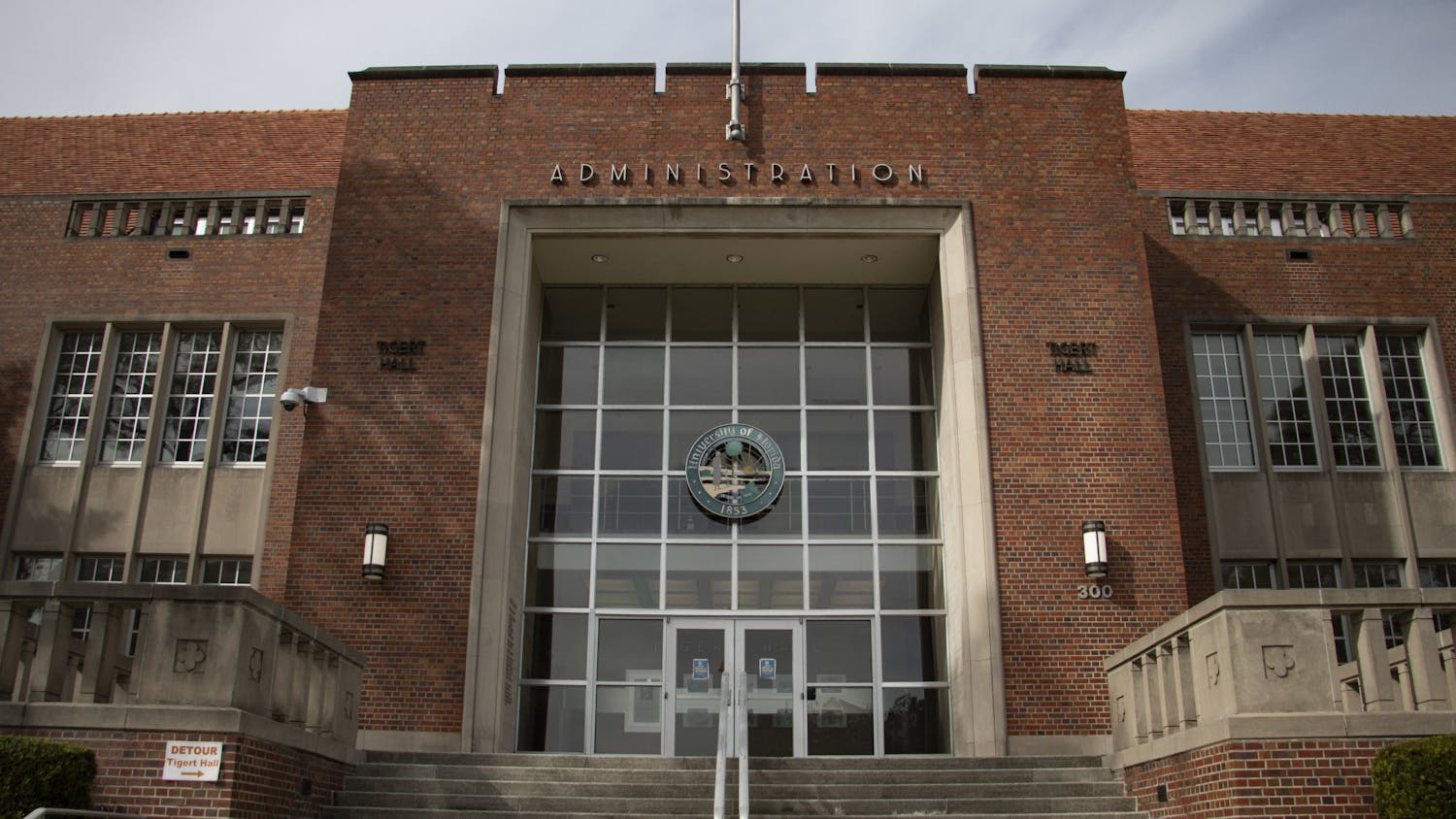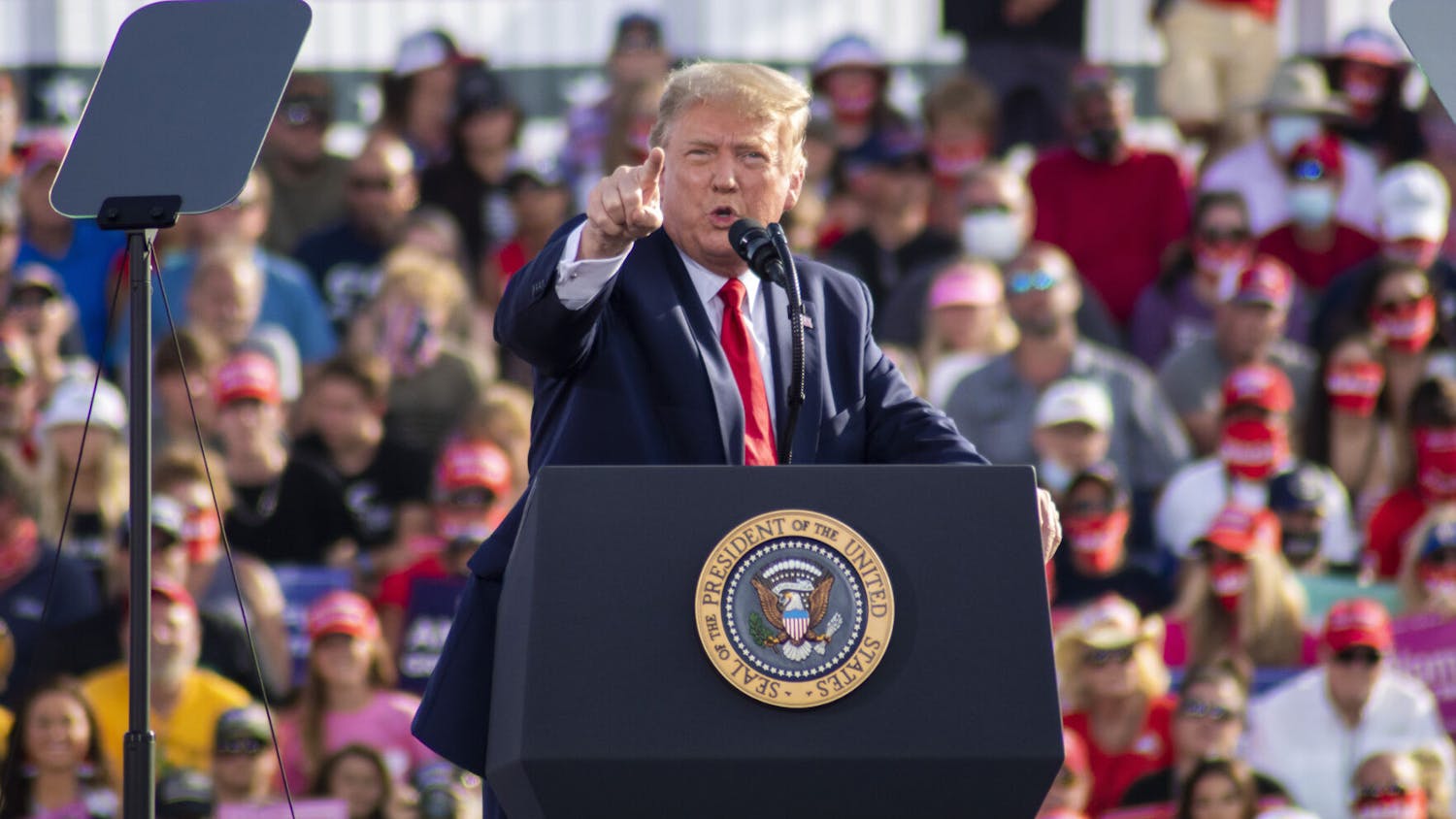The president must understand our fears about the situation in Libya. Why else would he stress his understanding of the risks of any military action? Why would he emphasize and repeat his intentions of keeping U.S. troops off Libyan soil? Obama is seeing what we’re seeing — a frighteningly familiar scenario of international forces intervening in a country on the brink, complete with the undertones of terrorism and the memorable words of a crazy dictator. We’ve seen this movie before, and we know how it goes. Or do we?
We’ll be quick to point out that, according to our leaders, this military action isn’t being led by the United States. Instead, it seems that the French, of all people, have taken charge. Also, there is more of a focus on the international outcry in the face of Gaddafi’s treatment of his own people. After all, the steps everyone is taking are in response to the UN’s imposition of a no-fly zone, which was requested by Libya’s own neighbors in the Arab League. Mere hours after the beginning of the military action, however, these neighbors began objecting to the use of force in the country. Bombings that kill civilians, they say, shouldn’t be part of an operation meant to protect people from their own government.
Indeed, the international community may be shooting itself in the foot. We obviously are at odds with Gaddafi and his ilk, alarmed by the idea that someone would attack his fellow countrymen from the air. He has a reputation for sponsoring terrorist attacks, as John O. Brennan, Obama’s senior adviser on counterterrorism, has reminded us. Although we’re too young to remember it, our parents have told us about the fate of Pan Am Flight 103. The threat is real.
There is another problem in who will replace Gaddafi. In the best-case scenario, a democracy will take root where politicians listen to the people, stay free of corruption and are friendly to the U.S. and our allies. Our own government doesn’t even accomplish two of those three on a regular basis.
And the worst case? We’ll get someone who has the mental stability of the old leader, a background in terrorism and the evidence to turn his people off to the U.S. and the UN if we continue to count civilians among the casualties of the military action. This assumes we are successful in ousting Gaddafi, the same man who swore to kill every last man, woman and child in Libya before he gave up power. The idea of pacifying the leader without finishing the job sounds entirely too much like Iraq. It makes us worry. It also harkens back to the questions we asked years ago: Should we get involved in another country’s internal problems — and when are we harming more than we are helping? In addition, we’re now left to ask whether an international coalition worth its salt can be successful without the U.S. at its helm.
We’re waiting to see the outcome, hoping that the people of Libya can be free and thrive without the threat of an insane dictator’s ire looming over them. However, should a U.S. soldier’s boot touch Libyan soil, our president will have not only his own country but also the world to answer to. He’s drawn a line in the sand, and he needs to stick to it.





